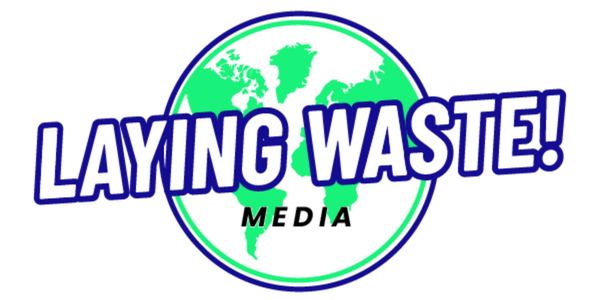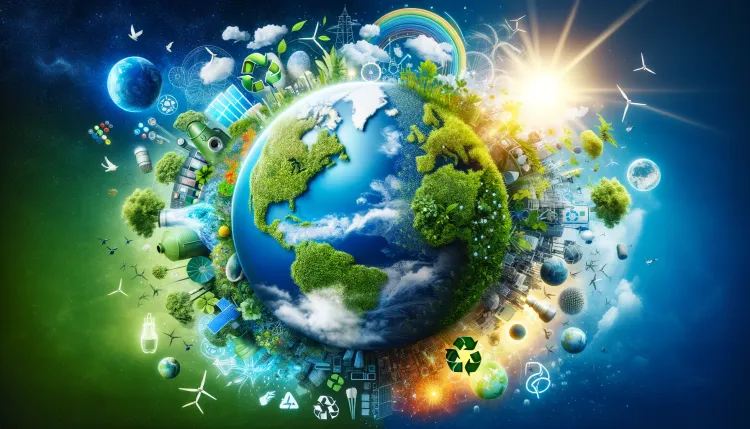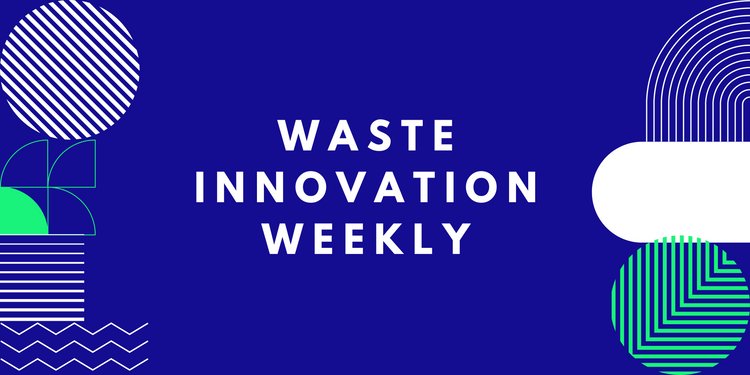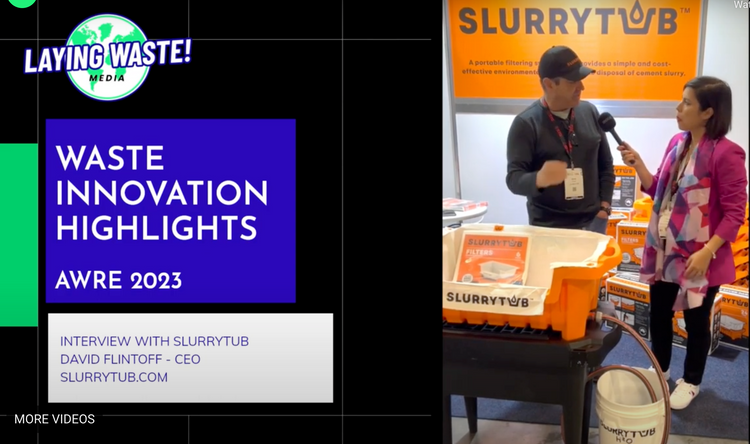Unlocking the Potential of Waste: 10 Must-Read Books on the Circular Economy and Zero Waste (Kindle Edition)
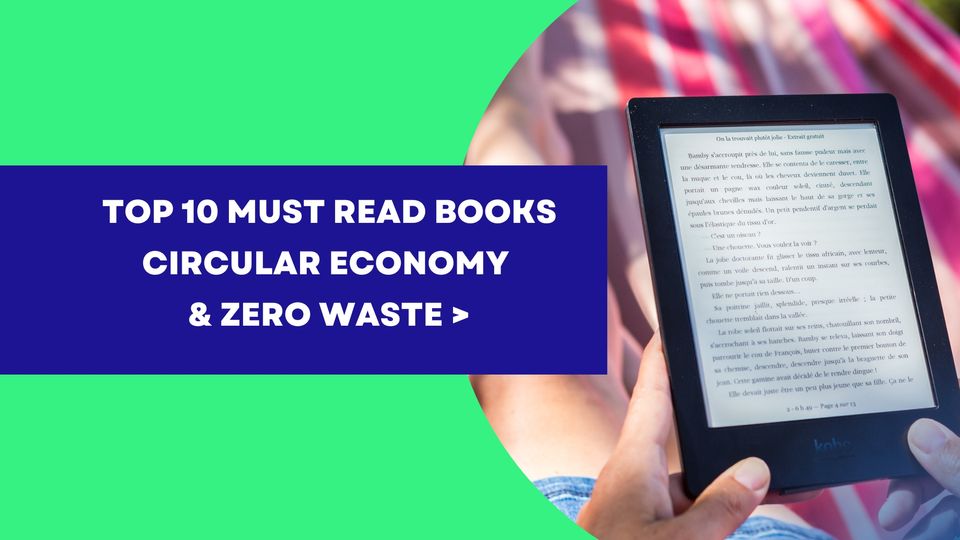
Welcome to the world of waste innovation, where creative minds and groundbreaking ideas are transforming how we deal with waste!
We've curated a list of the top 10 books every waste management innovator should read.
These books will provide you with valuable insights into the rapidly evolving waste management landscape and introduce you to the exciting world of the circular economy—a concept that is reshaping industries and pushing the boundaries of what's possible in waste management. From sustainable materials policies to zero waste solutions, this collection of books will inspire, educate, and empower you to positively impact your organisation and the world.
So grab your Kindle and a Keep Cup of coffee, find a cozy reading nook, and let's dive into the incredible world of waste innovation together!
#1 Waste to Wealth: The Circular Economy Advantage
by Peter Lacy and Jakob Rutqvist
This book presents the business case for embracing the circular economy, offering practical examples and strategies for turning waste into wealth. It demonstrates how companies can create value, drive growth, and reduce their environmental footprint by adopting innovative waste management practices.
#2. The Circular Economy Handbook: Realizing the Circular Advantage
by Peter Lacy, Jessica Long, and Wesley Spindler
This comprehensive guide to the circular economy explores the benefits and applications of adopting circular business models across various industries. It includes numerous case studies demonstrating how companies can innovate and transform waste management practices to create value and drive growth.
#3. The Zero Waste Solution: Untrashing the Planet One Community at a Time"
by Paul Connett
This book presents a comprehensive guide to achieving zero waste through community-based efforts. It showcases successful examples worldwide and offers practical tools and strategies for waste reduction, recycling, and innovative waste management.
#4 A New Dynamic: Effective Business in a Circular Economy
by Ken Webster, Ellen MacArthur Foundation (Editor)
A New Dynamic: Effective Business in a Circular Economy" by Ken Webster, edited by the Ellen MacArthur Foundation, is a collection of essays that provide valuable insights into the concept of the circular economy and its potential to reshape the way businesses operate. The book offers a comprehensive understanding of the principles and applications of the circular economy, illustrating its transformative potential for industries, cities, and economies.
Buy on Amazon
#5 Junkyard Planet: Travels in the Billion-Dollar Trash Trade
by Adam Minter
This fascinating book takes readers on a journey through the global trash trade, revealing the complex networks and systems that underpin our waste management practices. It highlights innovative solutions and entrepreneurial spirit transforming the waste industry and offers a unique perspective on the future of waste innovation.
#6 Cradle to Cradle: Remaking the Way We Make Things
by William McDonough and Michael Braungart
This groundbreaking book introduces the concept of "Cradle to Cradle" design, encouraging the creation of products and systems that are inherently sustainable, waste-free, and can be perpetually recycled or upcycled. It offers a new perspective on waste innovation by challenging conventional manufacturing and waste management practices.
#7 The Upcycle: Beyond Sustainability — Designing for Abundance
by William McDonough and Michael Braungart
In a follow-up to "Cradle to Cradle," this book focuses on "upcycling," or improving materials and products through recycling. The authors share numerous examples of how waste innovation can lead to better design and a more abundant, regenerative future.
Click to buy on Amazon
#8 Waste: Uncovering the Global Food Scandal
by Tristram Stuart
This eye-opening book investigates the global issue of food waste and its environmental consequences. The author provides practical solutions and innovative strategies for reducing food waste, ultimately promoting a more sustainable and efficient food system.
Click to buy on Amazon
#9 Garbology: Our Dirty Love Affair with Trash
By Edward Humes
A compelling exploration of the history and culture of waste in America, this book reveals the hidden world of trash and its impact on our environment. It showcases innovative waste management solutions and highlights the importance of individual and collective action in addressing waste-related issues.
#10 The Waste Makers
by Vance Packard
This classic work, first published in 1960, explores the origins of consumer culture and its implications for waste generation. Packard's insights remain relevant today as businesses and individuals grapple with the challenge of reducing waste and embracing more sustainable practices.
